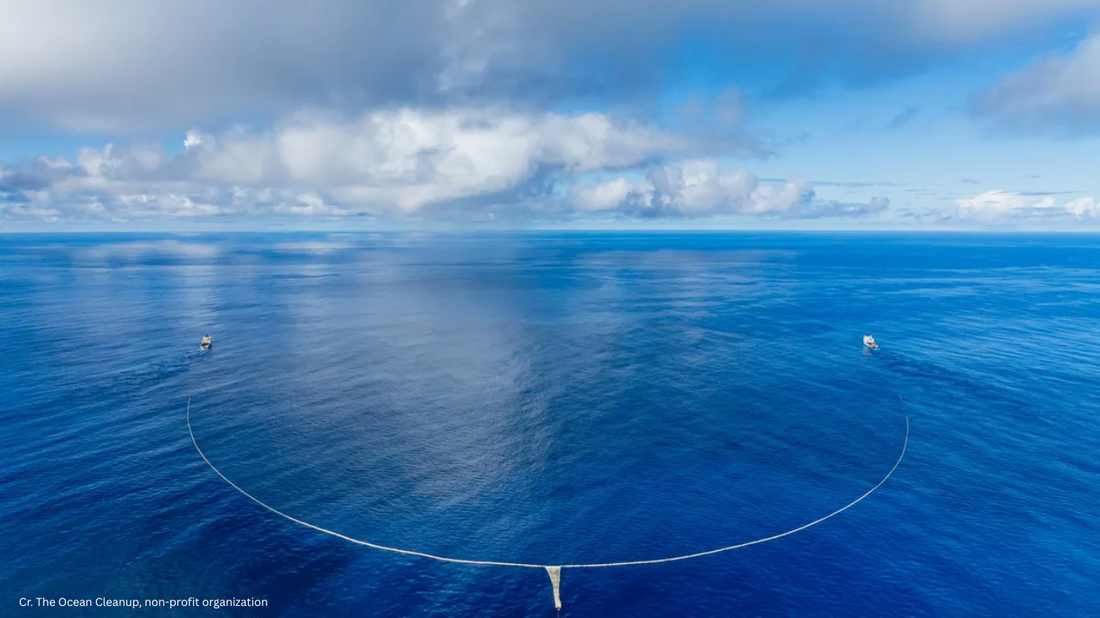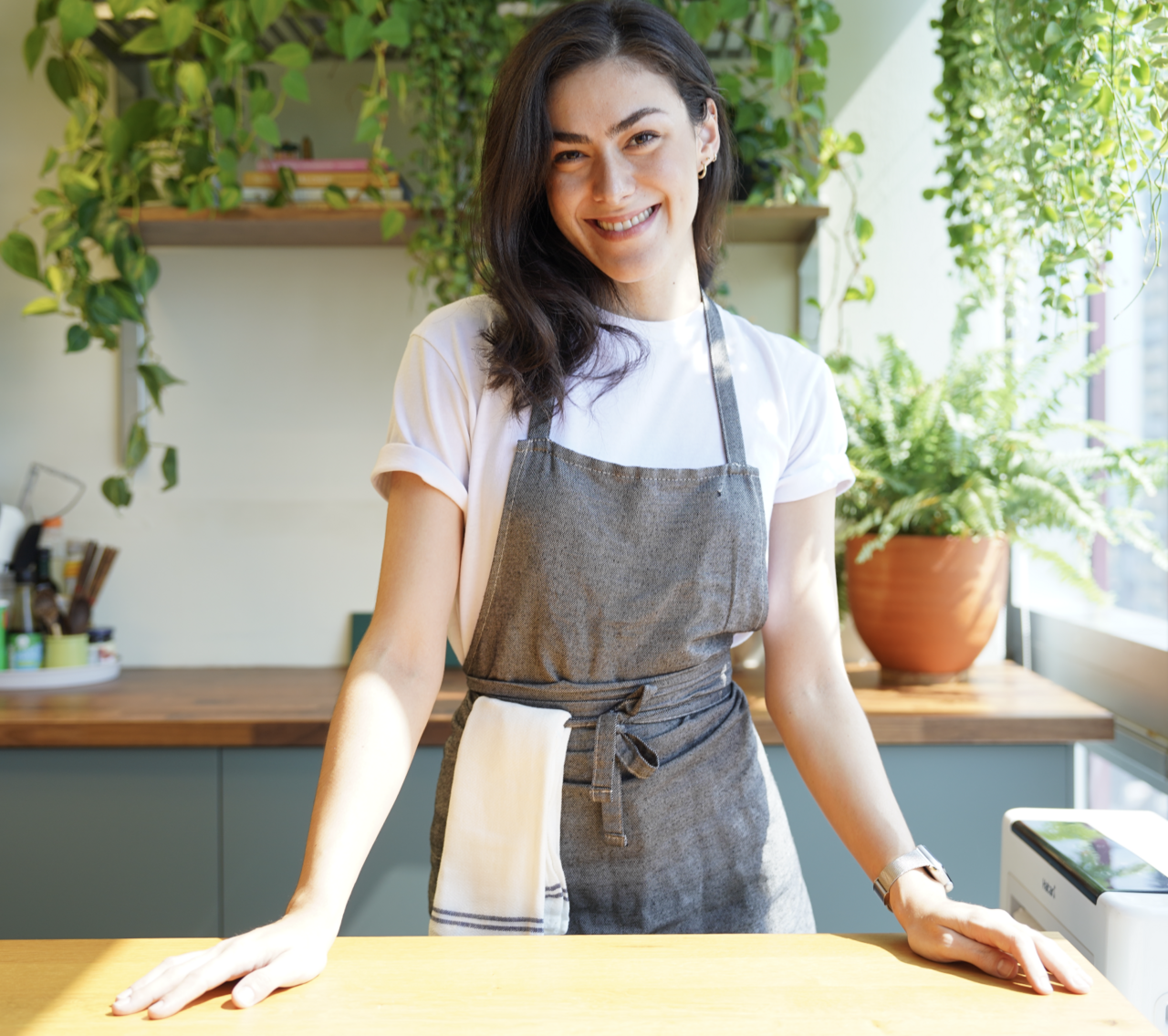
Did you know that over 1.7 million tonnes of garbage end up in the ocean each year? About 1.4 million tonnes come from rivers, and 0.3 million tonnes from coastlines, contributing to the estimated 5 trillion pieces of plastic waste currently polluting our seas. These numbers are growing every day. So, the big question is “Who will clean it all up?”
While most of us feel overwhelmed by this crisis, one 16-year-old from the Netherlands decided to act. In 2012, Boyan Slat founded the Ocean Cleanup, a non-profit organization that’s now at the forefront of cleaning the world’s oceans. Let’s dive into the incredible journey of this global movement.
Form a Simple Question to Global Impact

The idea sparked when Boyan went diving off the coast of Greece and noticed something unsettling, more plastic bags than fish. He asked himself, “Why can’t we just clean this up?” That question led him to research ocean plastic pollution, specifically in the five major oceanic gyres, areas where ocean currents trap vast amounts of debris. The largest of them all? The Great Pacific Garbage Patch, located between Hawaii and California.
With a combination of cutting-edge technology and innovative thinking, Boyan and his team designed floating systems to passively collect plastic, and “Interceptors” to stop plastic from rivers before it even reaches the sea. By 2021, The Ocean Cleanup had removed over 464,000 kilograms of trash from the ocean, and they’re aiming for a 90% reduction of ocean plastic by 2040.
Turn Trash into Treasure

Beyond cleanup, the organization is also focused on recycling and repurposing ocean waste. In 2024, they partnered with Coldplay to release a limited-edition vinyl record made from ocean plastic, reducing the carbon footprint by 85% compared to traditional vinyl production. The same year, they launched sunglasses made from PET plastic, where proceeds from just one pair can help clean the equivalent of 24 football fields worth of ocean plastic. Their approach proves that waste doesn’t have to be the end, it can be the beginning of something meaningful.
As we approach World Environment Day 2025, under the theme “Beat Plastic Pollution”. It’s time to reflect on the daily choices we make. While we may not have Boyan’s technology or global reach, each of us has the power to contribute. Before tossing something into the bin, ask yourself, “Can I reuse, recycle, or reduce this?” “Can I choose alternatives that are better for the planet?” Because real change doesn’t require grand gestures, it starts with small, mindful actions. And when enough of us take those steps, they add up to something big.


